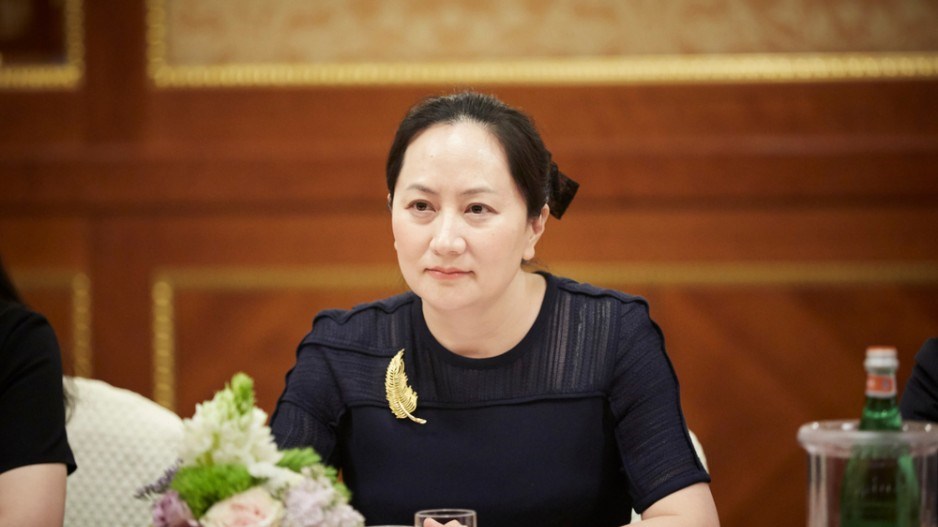The Meng Wanzhou extradition hearings continue today with the arguments about whether the United States overreached beyond its jurisdiction in its charges against Meng expected to be concluded.
The Crown has begun its response to Meng’s allegation that the U. S. extradition request to Canada was illegal, since - the defence argues - Americans have no grounds to police actions between a Chinese citizen and a British bank (HSBC) in Hong Kong.
In written documents, the Crown argues that the money allegedly obtained by Meng through misrepresenting Huawei Technologies’ activities in Iran was transacted in U.S. dollars, adding that the funds were processed through the U.S. financial system and HSBC’s operations in the United States.
In argument today, crown attorney Robert Frater called the defence’s attempt to separate HSBC’s operations in the United States and Great Britain as “splitting hairs,” since the bank is a global entity as evidenced by its global risk management committee - the one that allegedly used misinformation from the 2013 meeting with Meng to determine whether to continue providing banking services to Huawei.
”The background to this pivotal meeting in Hong Kong is the Reuters article... which said Skycom [a Huawei subsidiary] was selling U.S. equipment to Iran,” Frater said. “That meeting took place at request of Ms. Meng. The onky explanation for having that meeting is that Ma. Meng wanted to satisfy HSBC that it is not violating U.S. sanctions.
“These facts must be seen through lens of law,” he continued. “Fraud is not just about the lie, but the risk of deprivation facing HSBC - and that’s in the United States.”
Frater also noted that, of all the cases where previous extradition targets filed for a stay of proceedings based on the supposed illegality of the U.S. charges behind the requests, none have been successful in doing so. That, Frater argued, is because the contention almost always require Canadian courts to delve deep "into the weeds" of foreign law in trying to determine whether U.S. lawmakers willfully violated international law - something that's not in the jurisdiction of an extradition judge.
The Crown contends there are legal recourses available to Canada on dealing with the supposed illegality of U.S. charges against individuals such as Meng, but those recourses rest with the federal minister of justice - once before the extradition proceedings to decide whether the matter should go to court at all, and once after the proceedings - if Meng does get committed by court to extradition - where the minister will again determine whether Ottawa will follow through on the request.
Neither recourses, Frater said, extends the decision-making power of the courts beyond its extradition limitations.
Defence lawyers William Smart and Gib van Ert have been presenting to the court since Monday, arguing that the financial links of the Meng case to the United States are not enough for U.S. authorities to have jurisdiction to lay charges - and the request extradition from Canada.
“Where the request itself is unlawful, that’s the very basis to justify a stay of proceedings,” van Ert told the court this morning.
In response to Frater's contentions, van Ert fired back on the crown's position the Meng simply had to wait until the case hits the desk of the federal minister of justice again in order to argue the legality of the U.S. charges against her.
"I'd say that, in this country, no unlawful detention is outside the power of superior court," van Ert said. "... And the person detained ought not to have to wait for a decision from the minister or a political process when a legal process could liberate her from a wrongfully procured detention.
"Ms. Meng would like to go home," he added.
After the argument on this topic is complete, Meng’s case is expected to launch into its final stage - the third branch argument of abuse-of-process where the defence is arguing the U.S.'s intentional misrepresentations in the Record-of-the-case (ROC), as well as the formal extradition committal. That portion of the hearing is expected to start April 26.




